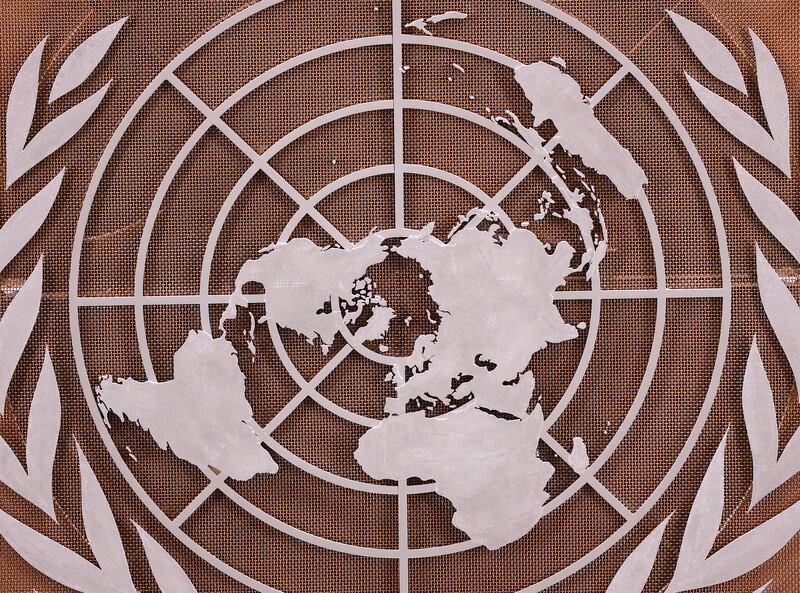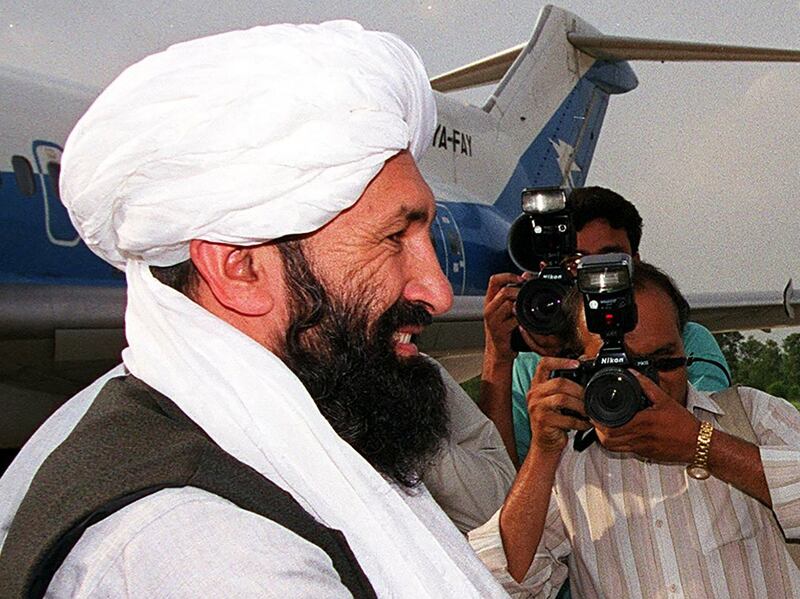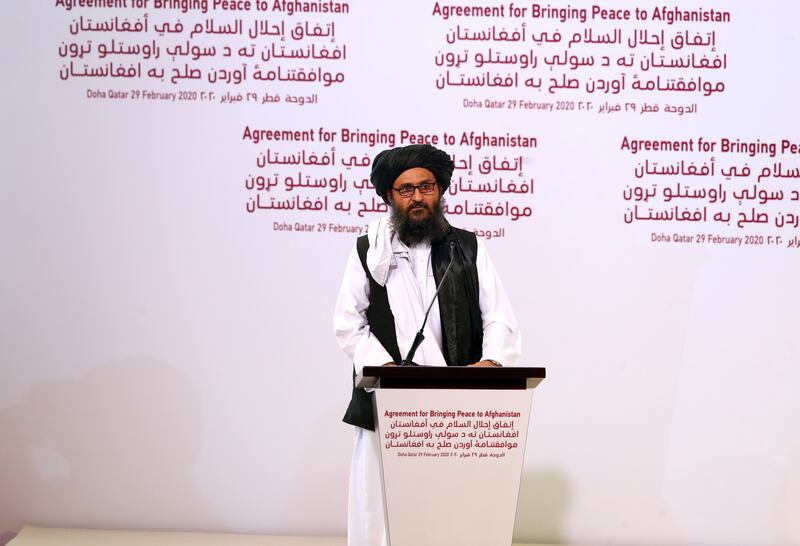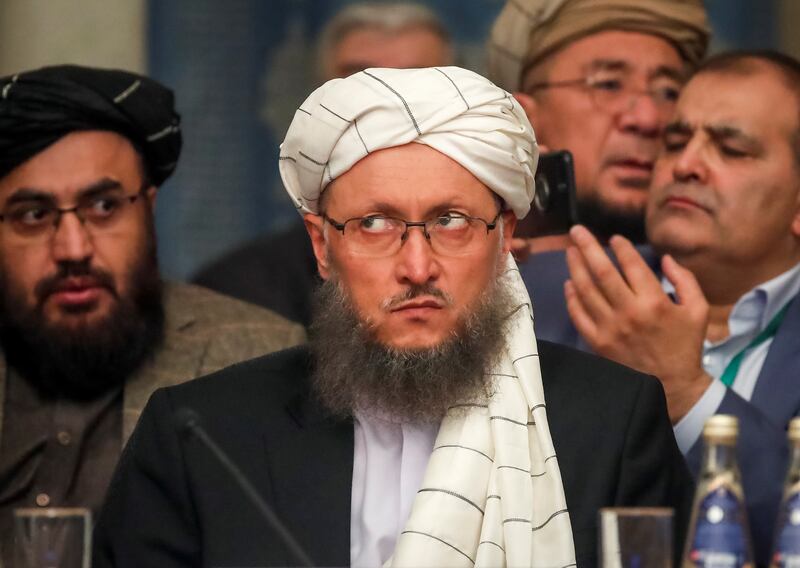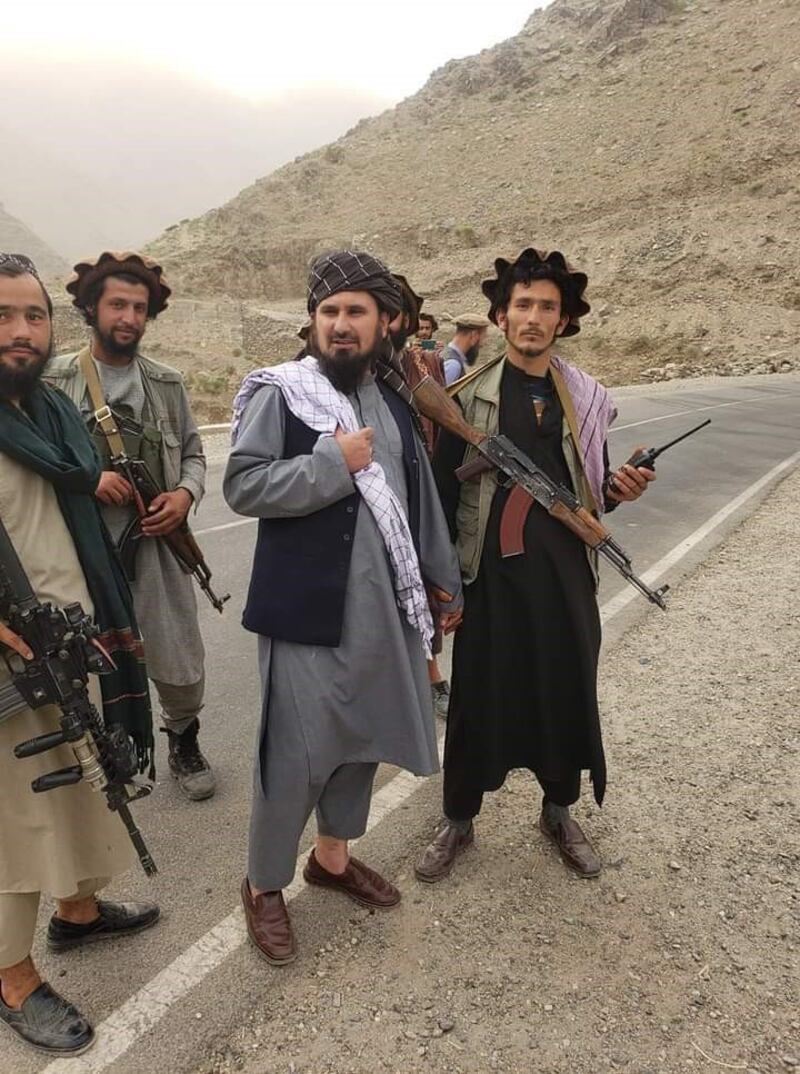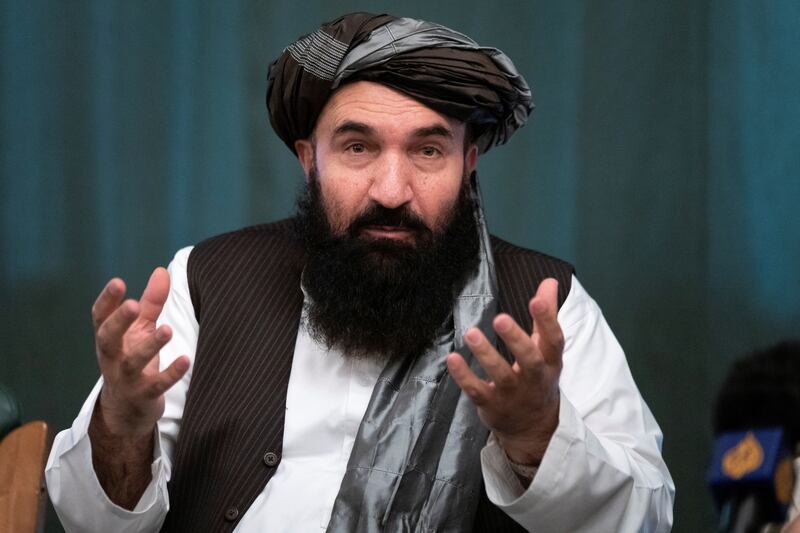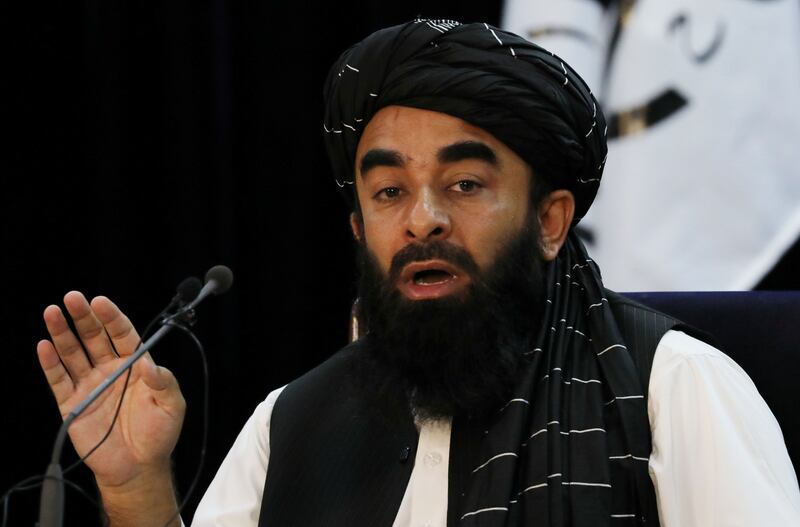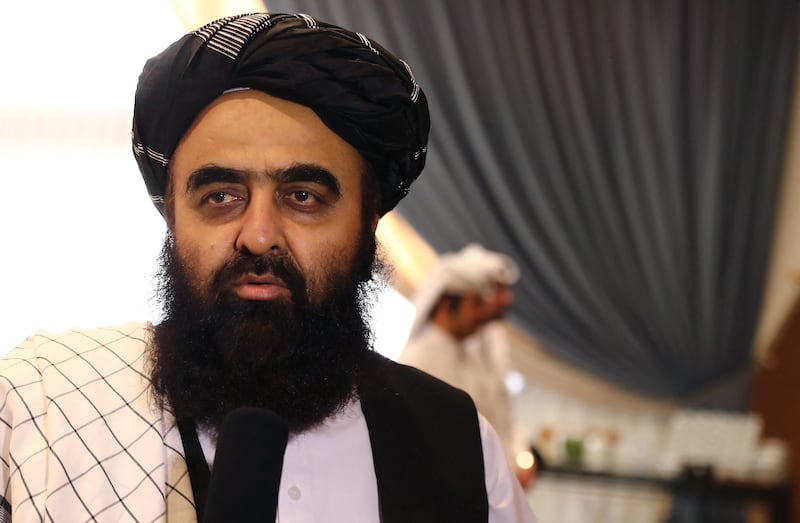Follow for live UN General Assembly coverage
The Taliban’s bid to speak during the UN General Assembly has been rejected.
During an afternoon briefing on Friday, UN representative Stephane Dujarric confirmed that Amir Khan Muttaqi, the Taliban’s foreign minister who had requested to speak at the event, was not on the list of speakers.
Mr Dujarric later sent out an email confirming Ghulam Isaczai, the previous Afghan government’s representative to the UN, was still listed as the speaker.
On Monday, Mr Muttaqi sent a letter to Secretary General Antonio Guterres asking to speak at the UNGA during Afghanistan’s allotted slot on Monday, September 27.
In his letter, Mr Muttaqi also nominated Suhail Shaheen as Afghanistan’s next representative to the UN.
This set up a showdown between the Taliban and Mr Isaczai, a career diplomat who spent much of his career working for the UN in various capacities and who has only recently taken up his post.
The decision not to include the Taliban representative on the list of speakers for Monday is not surprising.
“[The Taliban] want legitimisation and normalisation,” said Samar Ali, a research professor of political science and law at Vanderbilt University in Nashville, Tennessee.
The UN Security Council recently issued a resolution outlining the conditions the Taliban must meet to achieve international recognition.
The commitments include allowing foreign nationals and Afghans to travel freely outside the country, ensuring terrorist groups are not able to use Afghanistan as a base of operations and that they are respecting basic human rights.
The status of women and minorities is also of particular concern.
Last week, the Taliban said school would resume for older boys, but they made no mention of accommodating any female students.
US Secretary of State Antony Blinken said that meeting these commitments “are a basic requirement for a stable and secure Afghanistan."
Qatar, however, encouraged leaders to remain engaged and said denying the group a spot further delays resolutions.
Qatar’s Emir Sheikh Tamim bin Hamad Al Thani told the UNGA this week that it is “important to continue dialogue with the Taliban” and that “boycotting them would only lead to polarisation and reactions, whereas dialogue could be fruitful.”
Doha hosted years of talks between the US and the Taliban culminating in the 2020 US withdrawal deal negotiated under then-president Donald Trump.
The UN has deferred its decision on whether to accept Mr Shaheen as Afghanistan’s next UN representative until the credentials committee next meets in November.
